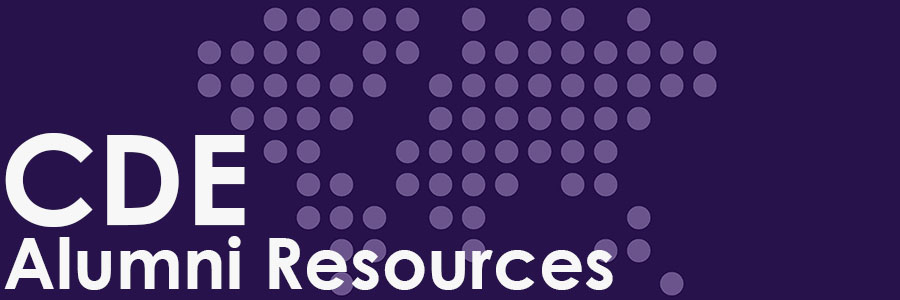Audio Content: Governance, Institutions, and Political Economy
Hosted by Tim Phillips, with guest Stefan Dercon
First aired on August 15, 2018
VoxDev talks Tim Phillips hosts Stefan Dercon of Oxford's Blavatnik School about how he envisions making aid effective in a world where the most certain bang for aid bucks might not be where the dollar would be most useful.
Dercon provides a thorough and nuanced argument based in decades grappling with these issues. As former director of the UK's aid arm the Department for International Development (DFID), Dercon has seen plenty of the rich-country side of the issue. When Phillips asks him about where aid dollars should be going, Dercon draws a distinction between putting aid to where it has the highest impact on the recipient, which would imply spending in many middle-income countries with pockets of poverty such as India, or areas which are intrinsically more challenging, where some money will likely not reach the intended recipient, but where that person could really use the boost (such as in fragile states).
Phillips also inquires about the role that aid should be playing within a society. Should aid go to simple interventions that have a guaranteed effect, such as health interventions like vaccines, which can be guaranteed to have a benefit for the recipient? Or should the money go to less tangible areas like education, or even "capacity-building" or "institution-building," which are much more difficult to measure and the impacts much more difficult to assess? Dercon replies that, especially for an aid agency like the DFID, it's important not to shy away from trying to tackle the big questions. If they provide a girl with a couple years of schooling, yes, it's true that she will keep that her entire life, but without improvements in the environment in which she operates, the next generation of girls won't have access to that education unless another round of aid were to provide it. In that situation, the aid can have a tangible impact but might not have the optimal long-term impact.
Nor is aid guaranteed to be a good thing. The very presence of aid, Dercon describes, acts as a negative incentive on governments: if they're getting aid, they have less of an incentive to expand their tax base to acquire funds on their own. Dercon argues that this very nature of aid means that any aid implemented already has a negative impact that it needs to overcome in order for the benefits to exceed the costs.
Dercon also provides an interesting thought experiment on how aid funding is structured: why is it that aid agencies have to go around with a begging bowl when a crisis hits, rather than being managed like an insurance company where there's a pool of funds waiting around for if, say, a flood or a fire hits? He suggests that aid agencies should work on planning ahead and developing the pools of funds so that they can ultimately be more flexible in their approaches.
